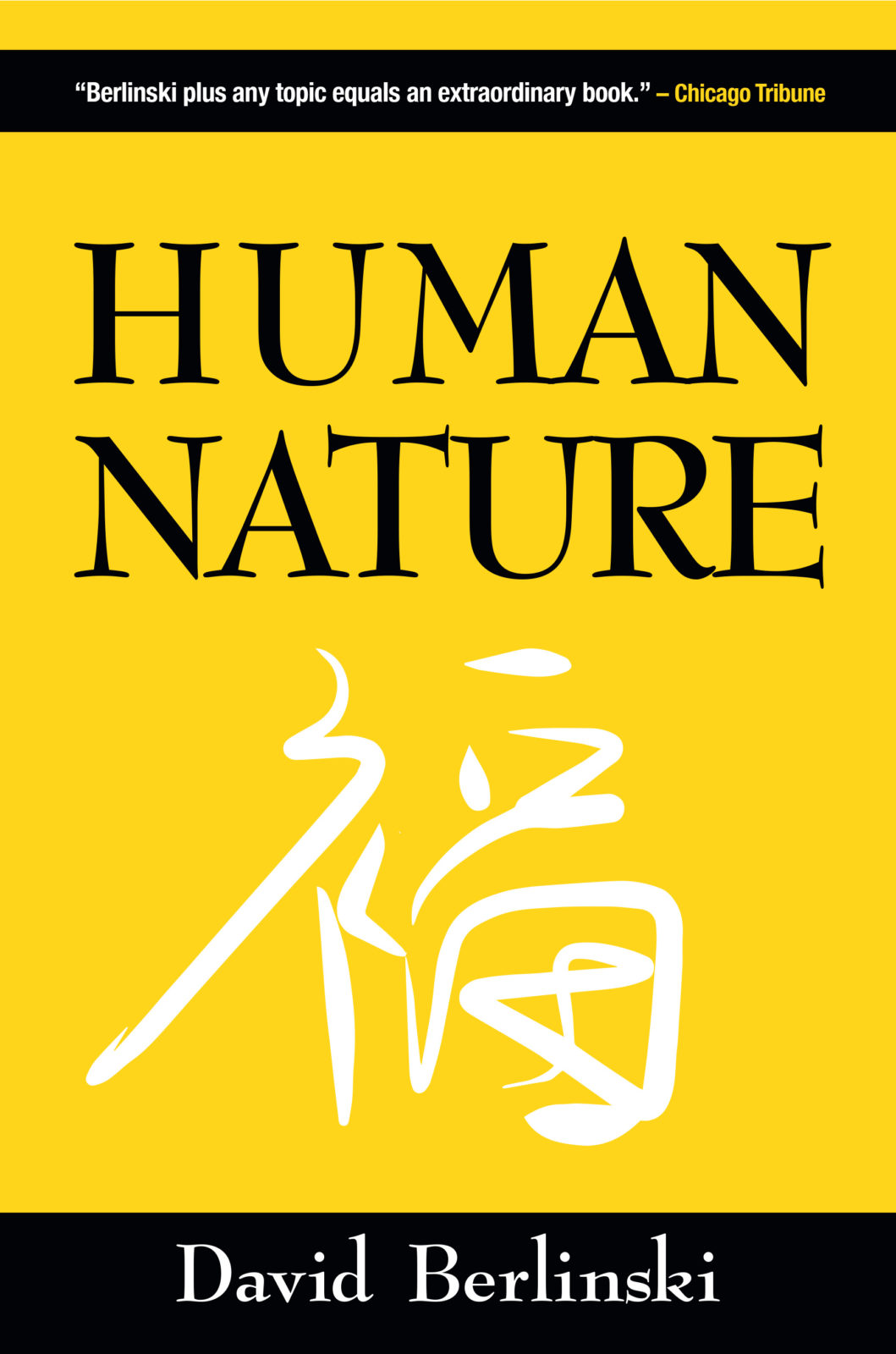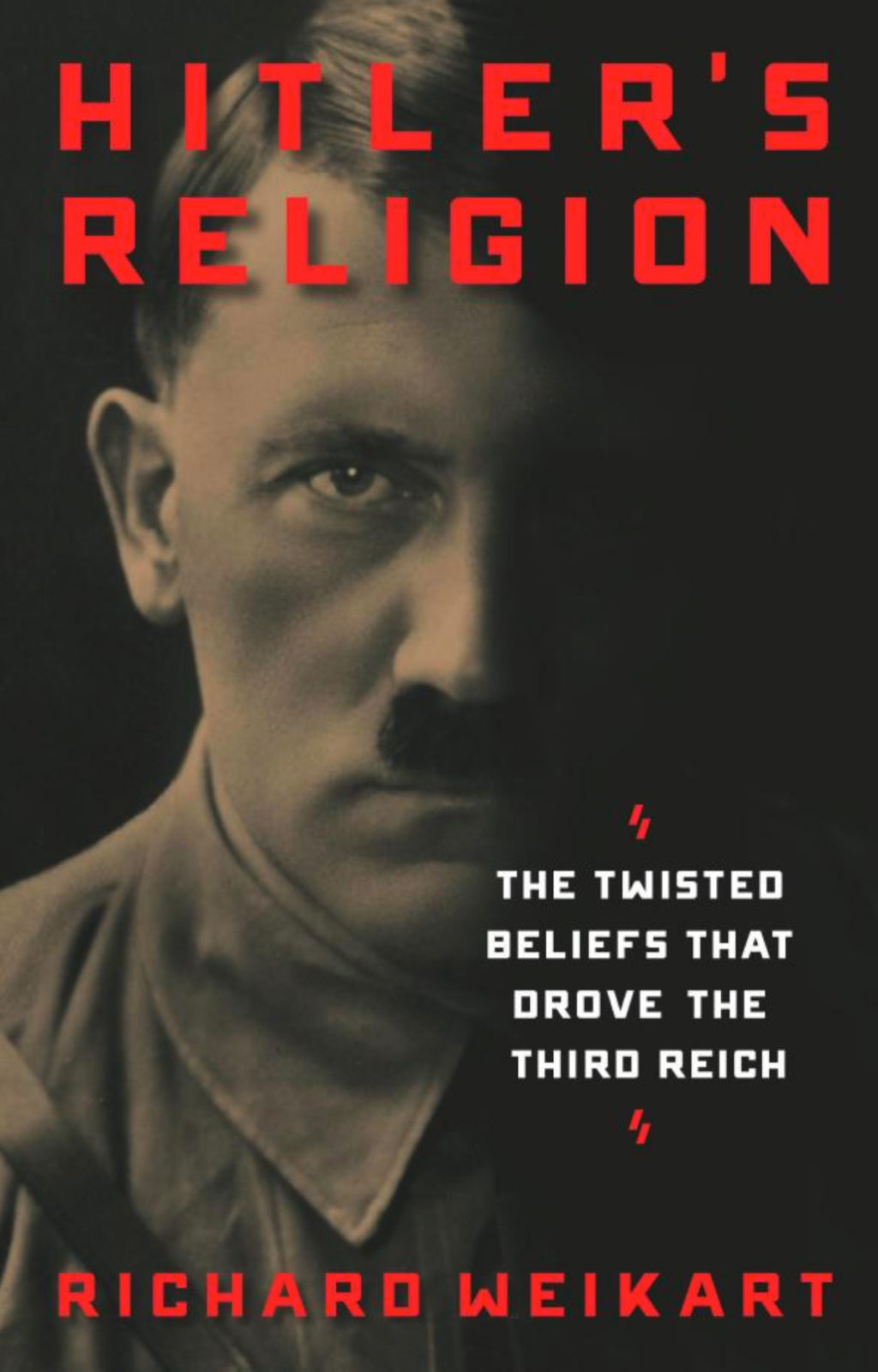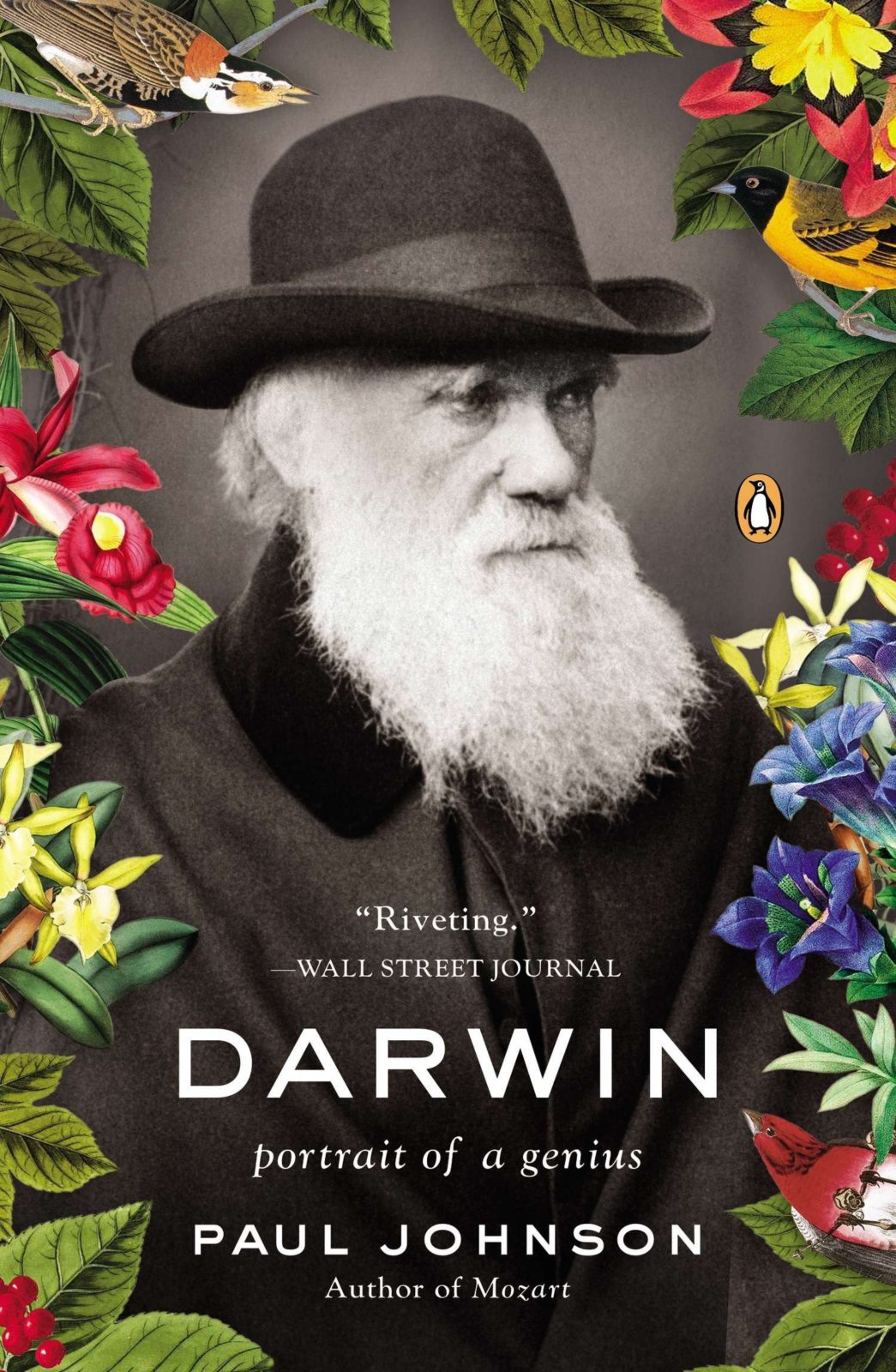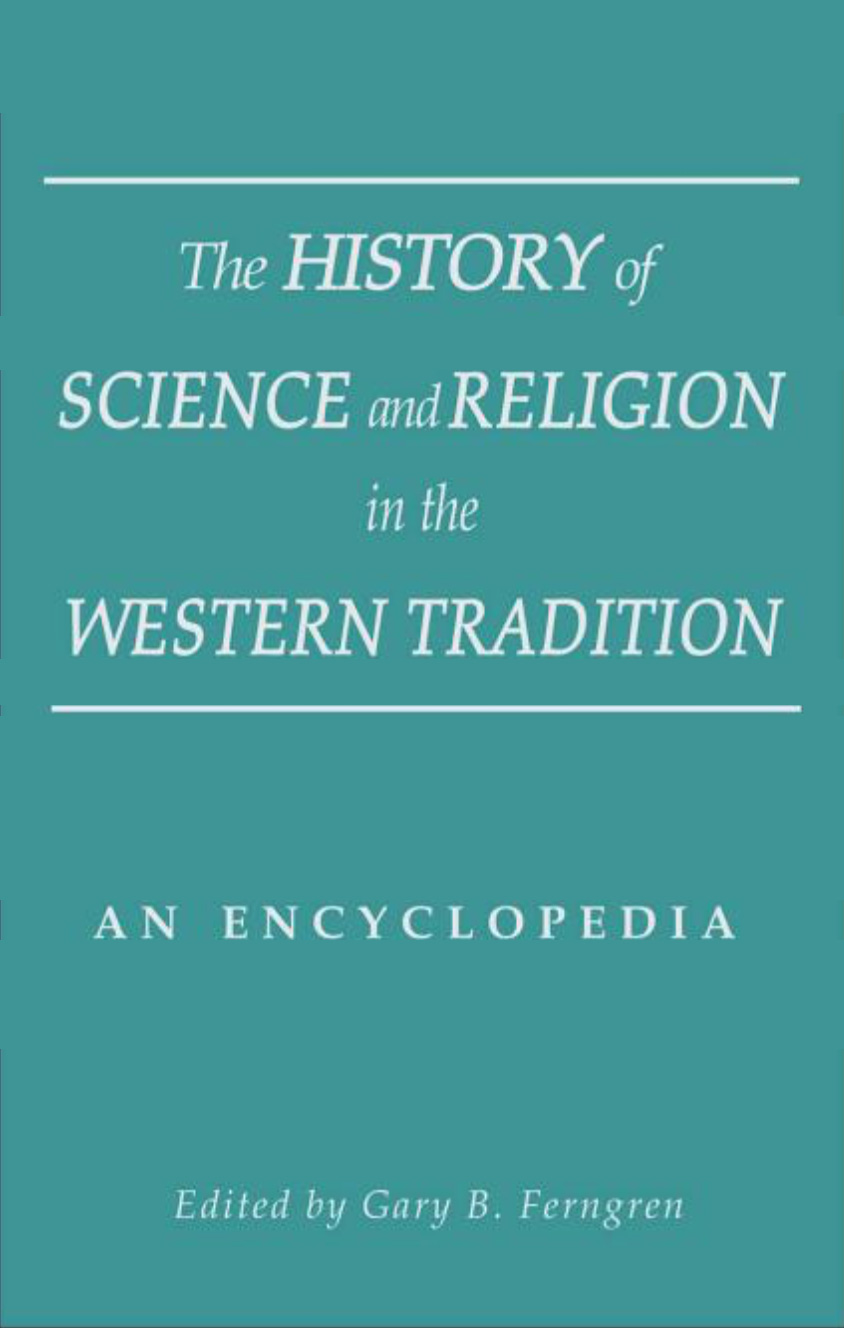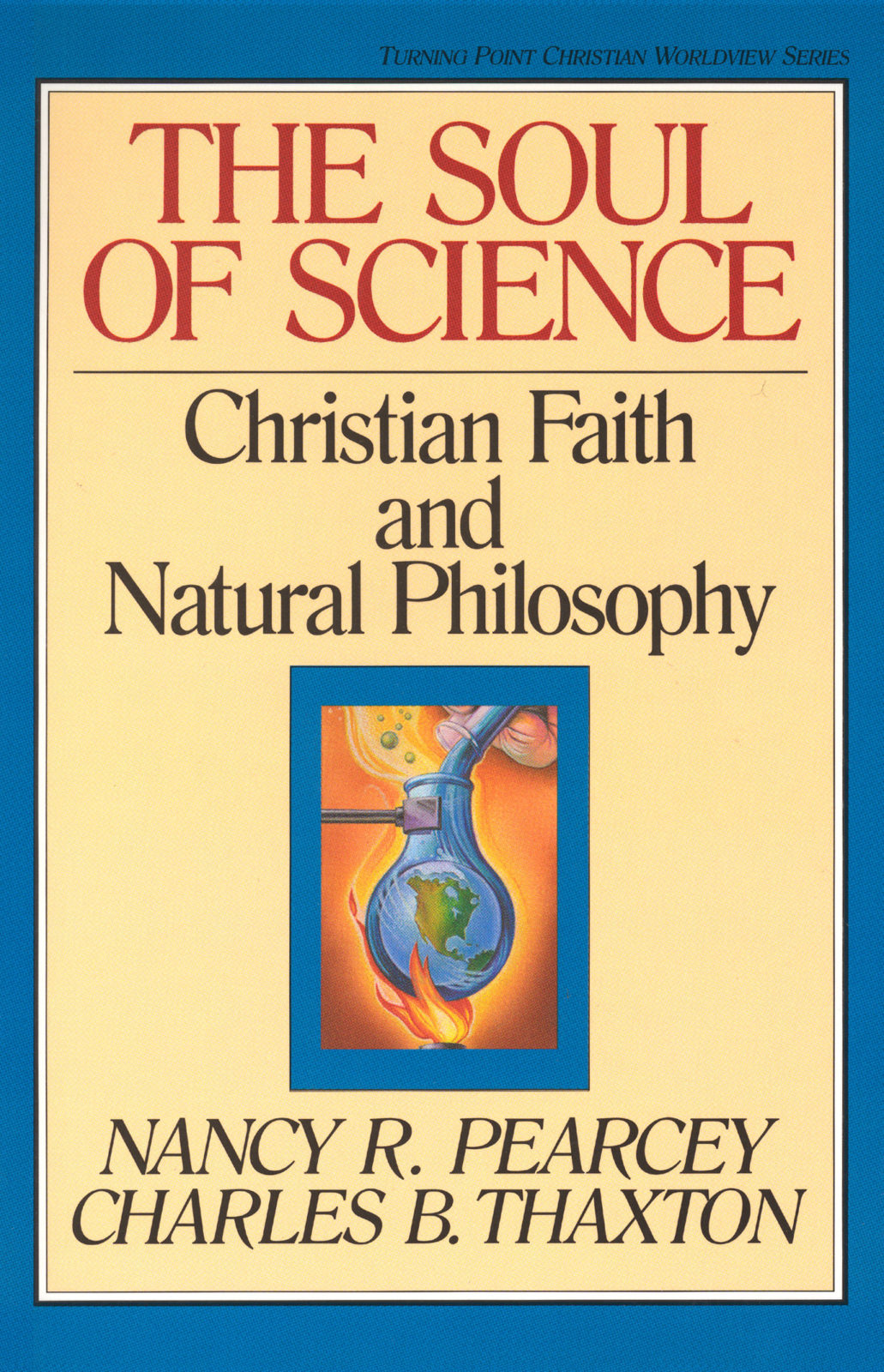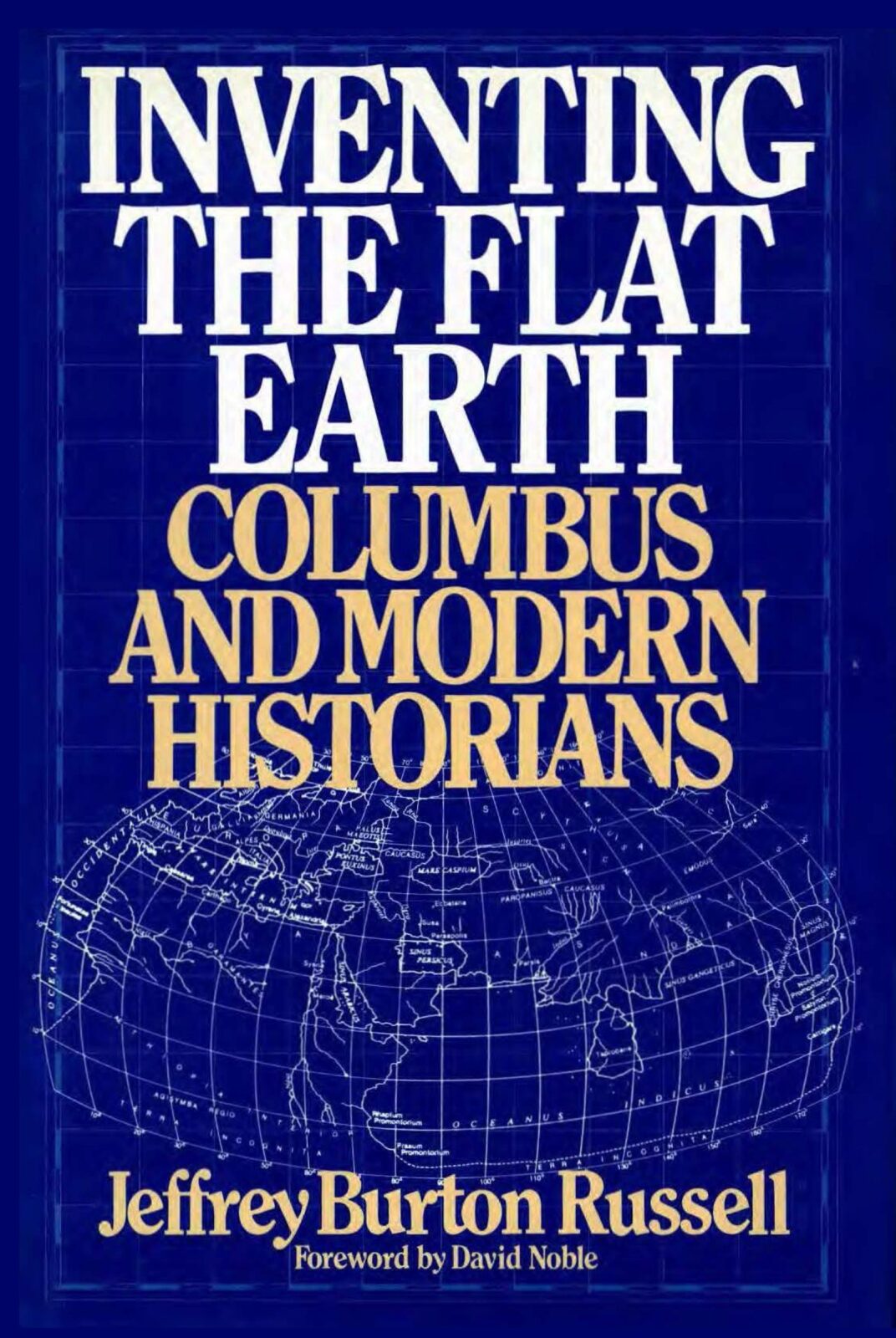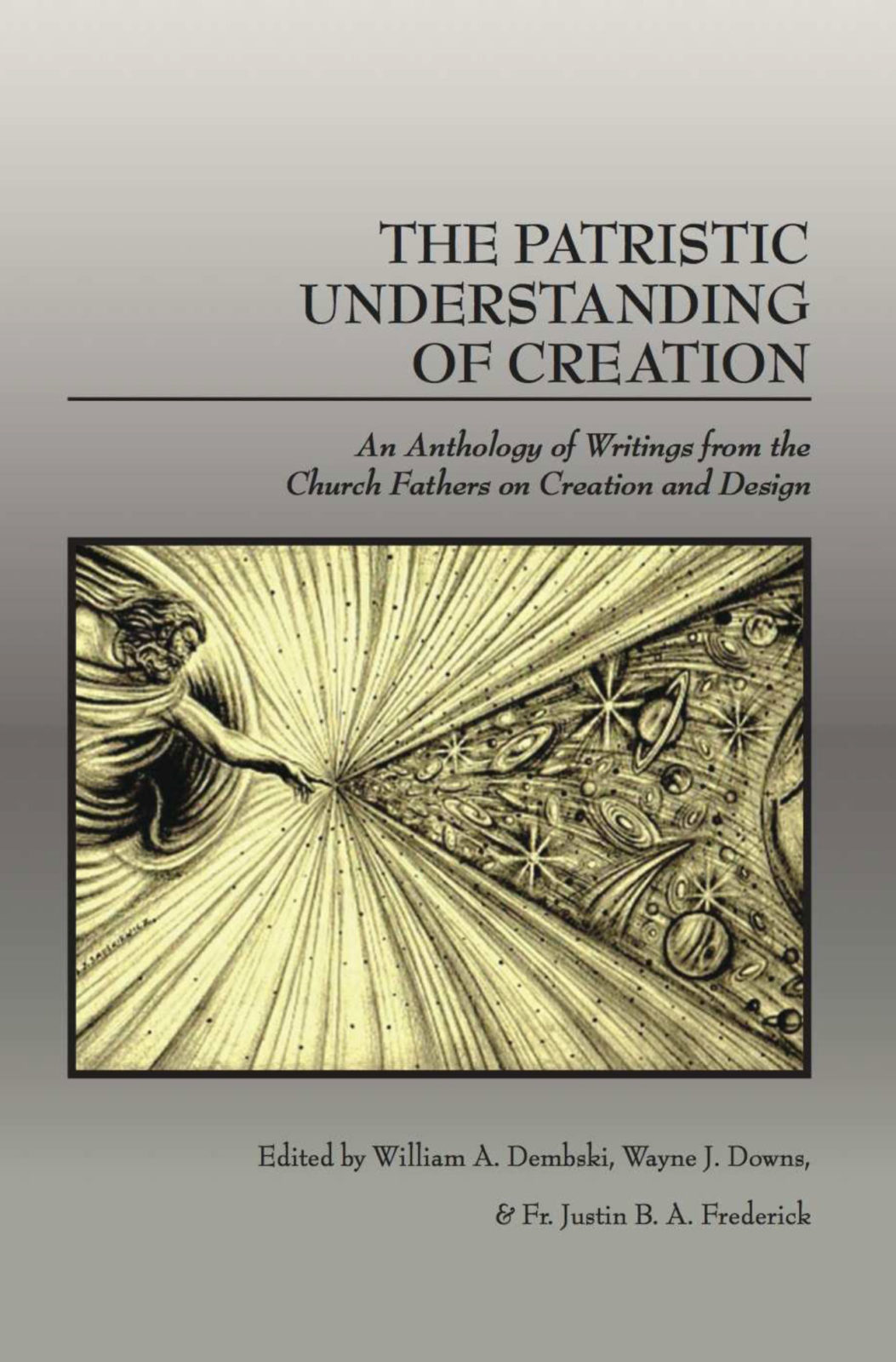
The Patristic Understanding of Creation
The Patristic Understanding of Creation encapsulates what the Church Fathers had to say, in their own words, on the topic of creation. Going back to Roman and Byzantine times, the writings of the Church Fathers are basic to Christian theology and provide a benchmark for how Christians have traditionally understood creation. This understanding of creation, however, faces tremendous challenges in Read More ›
